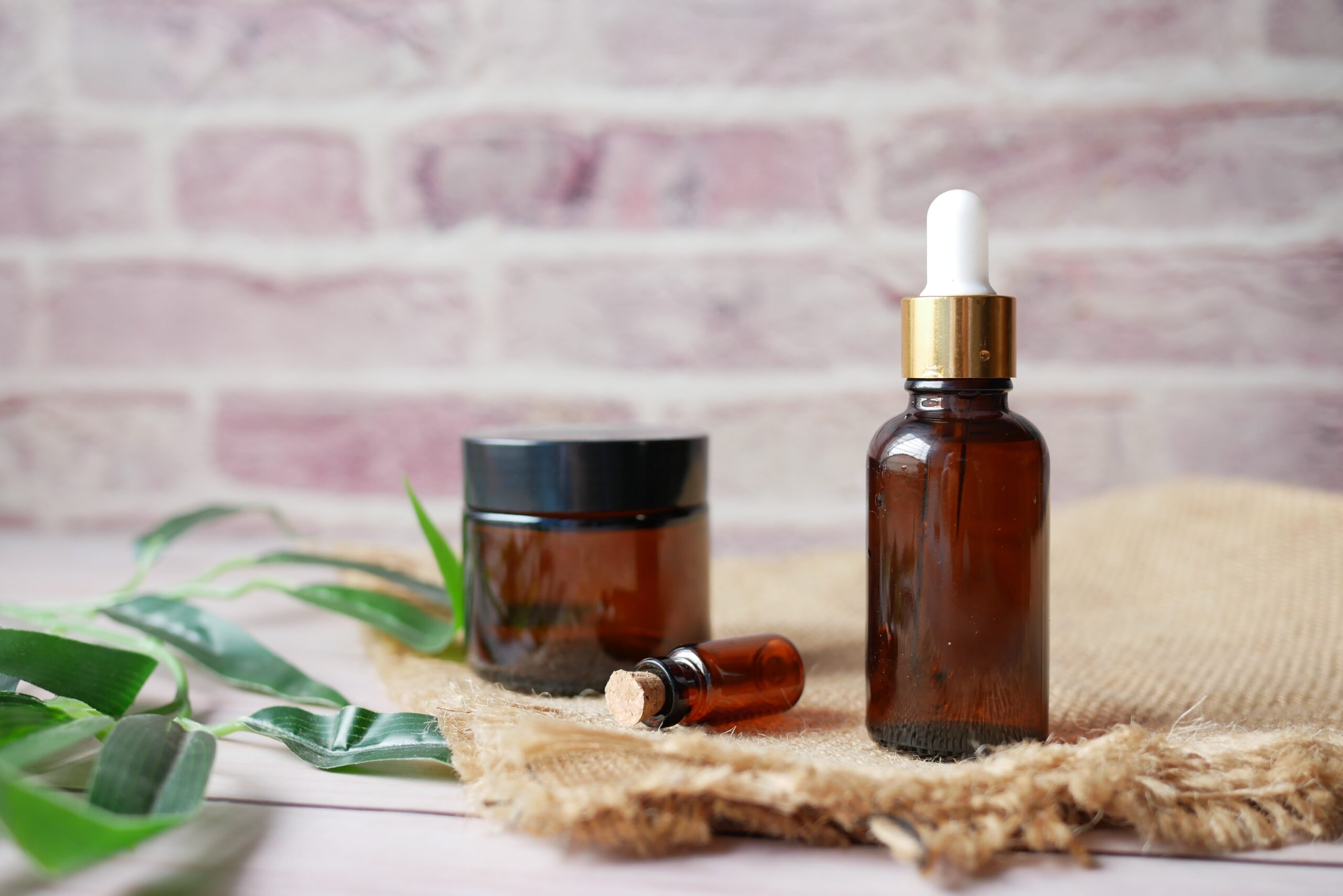


#Aromatherapy #Health and Wellness #Natural Remedies #Self Care
Nefertari Bilal
Since ancient times in China, India, and Egypt, aromatherapy has been a way to improve the health of the mind, body, and spirit using plant extracts. Often called essential oil therapy, it has lately gained the interest of both the medicinal and scientific fields. From diffusers to bathing salts, incense to facial steamers, there are a variety of ways to implement aromatherapy into your daily life and it has become a big business. As most essential oils or incense come from natural raw materials, this process is connected to nature; however, many of these scents are extracted via “solvent extraction” that uses a petrochemical such as hexane. Be wary of products called “absolutes” or scents from rose, jasmine, or orange flower (just to name a few). Try to check the source of your scent-producing items for any info; extract from a distillation process is better than a solvent.
Found online, in health food stores, and even in some grocery stores, tinctures provide a concentrated liquid form of herbs after being soaked in alcohol or vinegar for weeks. They can also be made at home, but only if one understands fully which plants are safe and toxic for human ingestion or topical use. Some common ones include elderberry, cannabis, echinacea, and turmeric.
Which of these is not an aromatherapy treatment method?